Children of Russian ISIS fighters flown home from Iraq
Thirty Russian children whose mothers are in Iraqi prison for belonging to Islamic State left Baghdad on Sunday, December 30 to return home, a diplomatic source said.
The fathers of the children, young boys and girls between the ages of three and 10, are believed to have been killed in combat during Iraq’s three-year war against the jihadists, the source said.
Earlier, Chechen leader Ramzan Kadyrov said a special flight had taken off to return the children to Moscow, Tass reported.
“Several minutes ago, a special flight took off from Baghdad’s international airport and now is heading for Moscow. It is carrying 30 children who were kept at prisons in Iraq until today. Twenty-four of them are from Dagestan, three are from Chechnya and the rest are from Moscow and Penza,” Kadyrov said.
“Efforts to return Russian children to their homeland are being taken at the instruction from Russian President Vladimir Putin and have never been stopped for a minute,” he added.
Several thousand Russians traveled to join ISIS in its once sprawling “caliphate” straddling Syria and Iraq, according to estimates from the Russian security services.
Some took their families with them.
Russia knows of around 700 children whose parents took them to “hostility areas” in the Middle East, Tass said Sunday.
Since last year, around 100 women and children – mostly from Russia’s Muslim-majority Caucasus – have returned under a program championed by Kadyrov.
But in mid-November, Chechen activist Kheda Saratova accused Russia’s FSB security service of blocking attempts to bring back the remaining widows and children of Russian ISIS fighters.
“According to our organization, there are over 2,000 of them left in Syria and Iraq,” Saratova, who is on Kadyrov’s human rights council, said at the time.
Meanwhile on Sunday Iraqi Prime Minister Adel Abdel Mahdi held talks in Baghdad with Anna Kuznetsova, the Russian president’s envoy for the rights of children.
During the meeting, Abdel Mahdi said a “distinction should be made between humanitarian issues and terrorist crimes,” according to a statement from his office.
“These children are also victims,” he added.
More than 300 people, including around 100 foreigners, have been sentenced to death and many others to life imprisonment in Iraq for joining ISIS, the Sunni extremist group which at its peak controlled nearly a third of the country.
Other countries, primarily Western nations, have been reluctant to take back their citizens who joined ISIS in Iraq and Syria. In Syria, the U.S.-supported Syrian Democratic Forces have repeatedly complained they do not have the capacity to handle the burden of more than 3,000 ISIS detainees and family members, urging Western powers to repatriate their nationals for trial at home.
France is seeking to repatriate some of the 150 children of French ISIS fighters identified as being held in SDF camps in Syria.
Former Iraqi Prime Minister Haider al-Abadi declared victory against ISIS in December last year, but the group maintains sleeper cells and has carried out periodic hit-and-run attacks.
With reporting from AFP

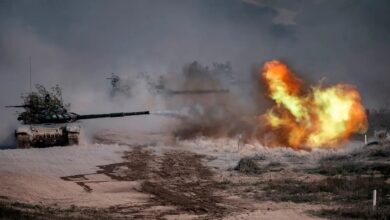
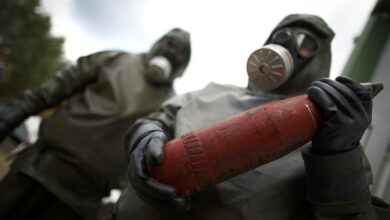
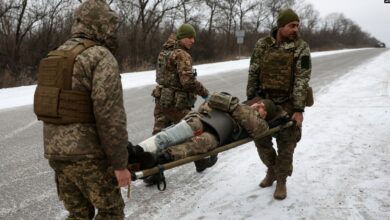
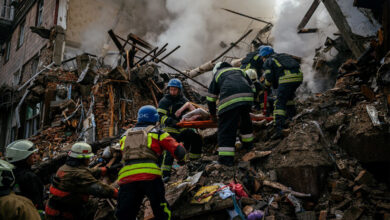

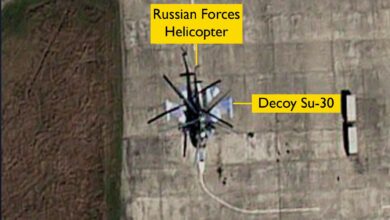
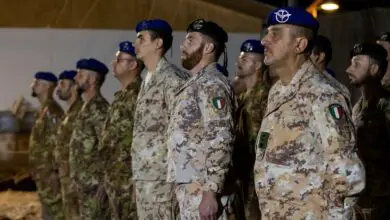
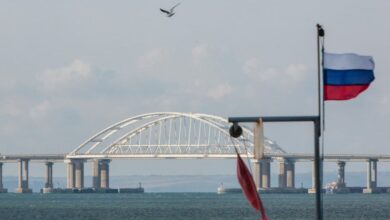
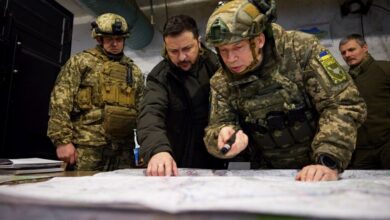

One Comment